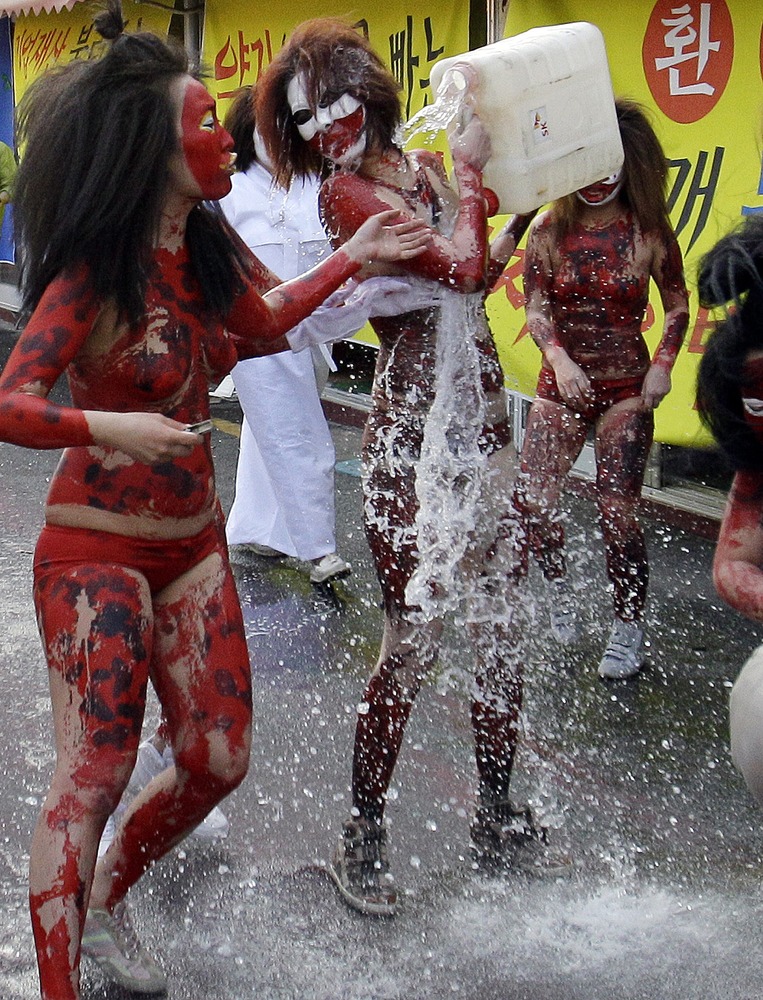
WEIGHT: 53 kg
Bust: 38
One HOUR:130$
NIGHT: +50$
Sex services: Travel Companion, Sex oral in condom, Cum on breast, Fisting anal, Cum on breast

The sex trade involved some 94 million transactions in , down from million in The amount of money traded for prostitution was over 14 trillion won, much less than 24 trillion won in Before the modernization of Korea, there were no brothels , but a caste of the women for the elite landholding classes performed sexual labor. This was the result of negotiation between the Korean government and the US military, involving prostitution for United States soldiers in camp towns surrounding the US military bases.
The government registered the prostitutes, who were called Western princesses , and required them to carry medical certification. The US military police provided for the security in these US camp town prostitution sites, and detained the prostitutes who were thought to be ill, to prevent epidemics of sexually transmitted diseases.

This government involvement was in the past motivated in part by fears that the American military, which protected South Korea from North Korea , would leave. Prostitutions are visited by American soldiers, Korean soldiers and Korean civilians. In the beginning most prostitutes were South Korean with minority of other women from Europe and Asia. Since the early 's most prostitutes were Filipina and Russian. The number of South Korean prostitutes who worked as sex providers for American soldiers and Korean soldiers was between 26, and 39, This number is according to the research on the number of checkup for Venereal diseases from to by professor Lee Young-hoon an economic professor at Seoul National University.
Since , the majority of prostitutes have been Philippine or Russian women. South Korean sex workers have become less numerous as Filipino and Russian women were a cheaper labor alternative. In , the Korean Ministry of Gender Equality announced that , women—1 of 25 of young Korean women—may be engaged in the sex industry.

The Korea Women's Development Institute suggested that from , to 1. In , the South Korean government passed an anti-prostitution law Special Law on Sex Trade prohibiting the buying and selling of sex and shutting down brothels. The people responsible for this policy claimed that they want to put an end to a culture in which men get drunk at parties and go on to buy sex. In the government announced that sex tourism by Koreans would be made illegal, as well as Korean women going abroad to sell sex.




































